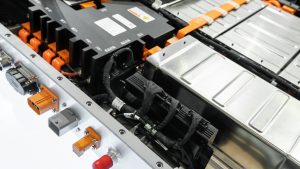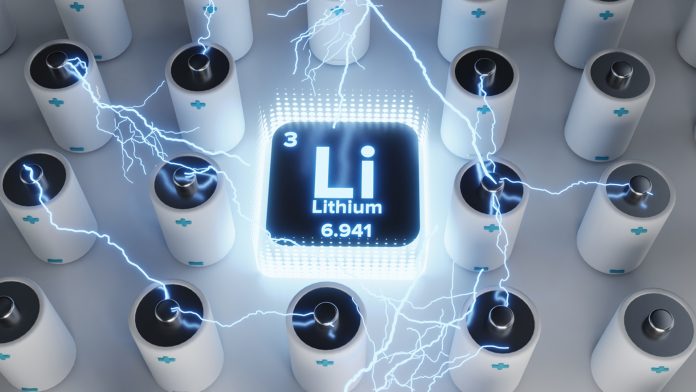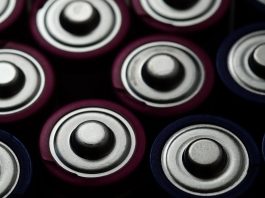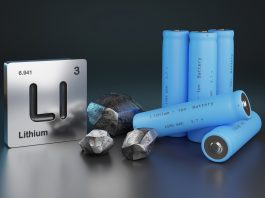Researchers have designed a new electrolyte to reduce the safety issues of high energy density, lithium metal batteries.
As the electric vehicle (EV) revolution takes shape, there is a growing need for high-safety, long-life batteries. However, EV manufacturers are requiring a battery with a higher energy density than the current lithium-ion batteries. Because of this, scientists are looking to develop lithium metal batteries that have an anode comprised of lithium. These batteries have a much higher charging capacity than the predominant battery technology of choice, lithium-ion batteries.
However, lithium metal batteries have safety issues because dendrites, spiky, metallic microstructures, form during charging.
A team of Chinese researchers aim to solve this problem to ensure that high-safety, long-life lithium metal batteries can be produced for EVs. As part of this goal, the group has designed an electrolyte that prevents the formation of dendrites, offering a solution in the research toward building long-life lithium metal batteries.
The findings of the research were published in Nano Research.
Concerns around dendrite growth in lithium metal batteries
Lithium metal anodes have great potential for high energy storage batteries, which are required for EVs. However, they are hindered by uncontrollable lithium dendrite growth.
Dendrite growth occurs in lithium metal batteries when lithium ions move and convert to one specific location on the lithium metal surface. This raises significant concerns, resulting in poor cycling efficiency in the battery, which is a severe safety issue.
Tackling the dendrite problem
By combining the advantages of conventional electrolytes and high-concentration electrolytes, the team was able to tackle dendrite growth. This electrolyte that was created was able to achieve excellent electrochemical performance in lithium metal batteries, whilst also preventing the formation of dendrites. The high-concentration electrolyte holds great promise for use in next-generation battery technology, being able to overcome the issues of conventional electrolytes.
Chunpeng Yang, a professor at Tianjin University, stated: “Its unique structure not only promotes the uniform conversion of ions on the electrode surface, but also ensures the rapid movement of ions in the electrolyte.”

The researchers explored the effect of a negatively charged coating on the interfacial high-concentration electrolyte by running numerical simulations. As a proof-of-concept material, the researchers then coated nitrogen- and oxygen-doped carbon nanosheets that have surface negative charges, with nickel foam to create the electrode. This was done to concentrate the positively charged lithium ions to promote the charge transfer reactions on the electrode, contributing to outstanding electrochemical cycling performances.
Half-cell and full-cell tests were conducted on the electrode which achieved excellent results. The electrode that the researchers created was found to have a better performance than other electrodes based on pure nickel foam.
“This provides a simple principle for suppressing the lithium dendrites by simultaneously taking into account the advantages of conventional electrolyte and high-concentration electrolyte for stable Li metal anode, which may be applied to other substrates for practical metal batteries,” said Yang.
Developing high energy density batteries through optimisation
The team is now looking at alternative ways to obtain this unique electrolyte structure which helps achieve high-performance batteries. To commercialise lithium metal batteries with high energy density, high safety, and long life, the team will systematically optimise the battery components.
“Our study results could be extended to more metal-battery systems, such as sodium, zinc, and magnesium metal batteries, which will contribute to the realisation of large-scale energy storage for sustainable energy supply,” said Yang









